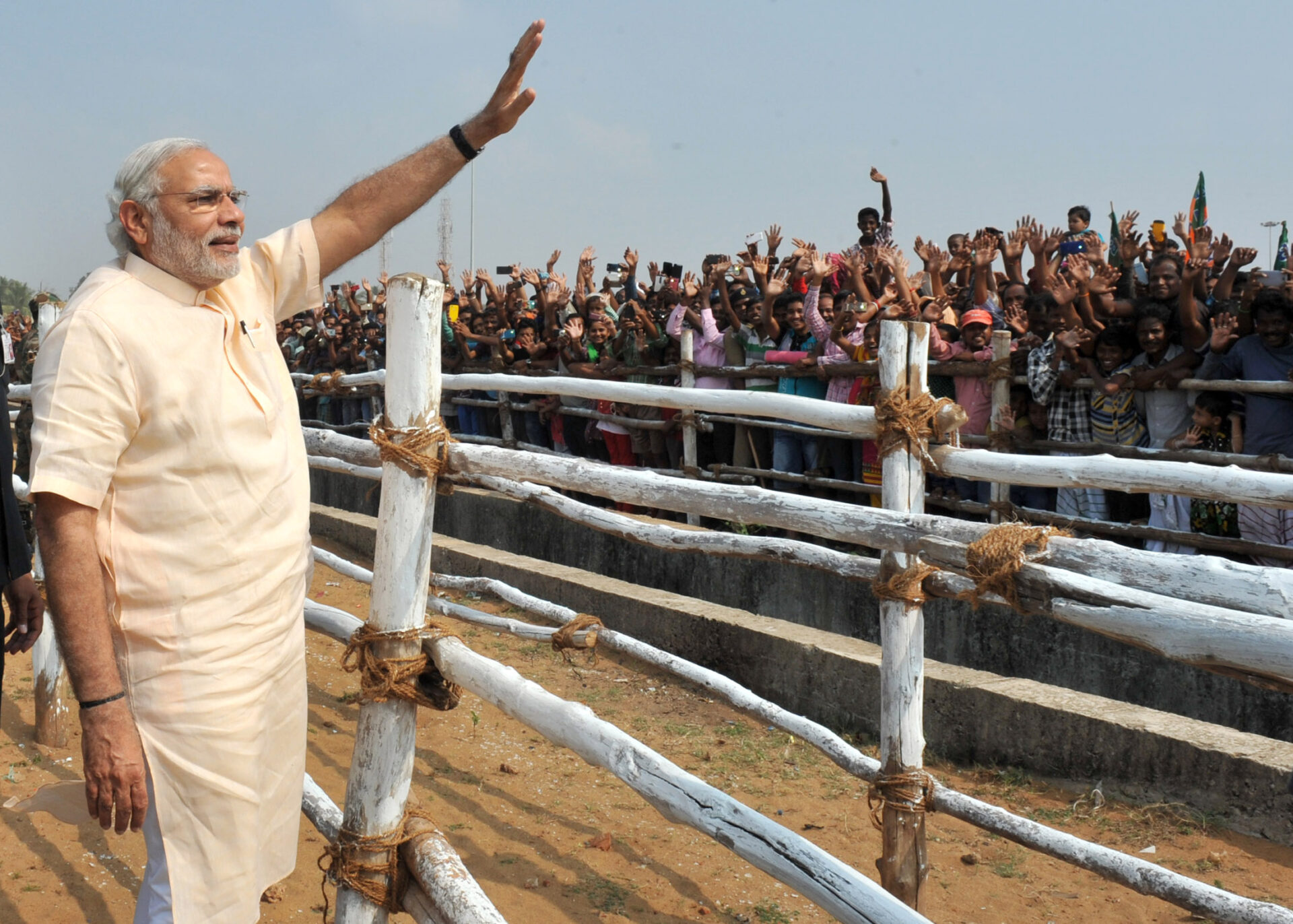Driving commercial and political engagement between Asia, the Middle East and Europe
Driving commercial and political engagement between Asia, the Middle East and Europe
Driving commercial and political engagement between Asia, the Middle East and Europe

EleePositioned as the fastest-growing economy charged by a swelling demographic, India’s economic trajectory reflects its growing importance in the global economy. What happens in India will have significant impact on the rest of the world. With the world’s largest electorate due to go to the polls in April or May, speculation around India’s future is at an all-time high – will Prime Minister Narendra Modi win a second-term and revitalise his reform agenda?
Modi swept into power in 2014 with promises to re-energise the Indian economy. Five years on, his report card is a mixed one. The Indian economy is now the fastest-growing in the world at around seven percent, and Modi has met certain key promises such as the introduction of the Insolvency and Bankruptcy Code and the simplification of the business tax regime. However, he has been less successful in other areas, such as generating sufficient jobs to accommodate new workforce entrants or addressing rising inequalities.
The recent economic slowdown, coupled with the resurgence of the opposition Congress party with its unexpected victory over Modi’s Bharatiya Janata Party (BJP) in the December state elections, have dimmed Modi’s chances for a second-term. Nevertheless, Modi remains the favourite and the BJP continues to control 17 out of 29 states, including Uttar Pradesh and Maharashtra.
Asia House, in partnership with the University of Nottingham, present this roundtable discussion on the upcoming Indian general election. It will review Modi’s performance in his first term, the prospects of the various contenders, the likely outcome and the challenges that will beset the next government.
Speakers include:
To register your interest in attending, please contact Aini.Abdullah@asiahouse.co.uk
Image credit: Flickr/Narendra Modi
